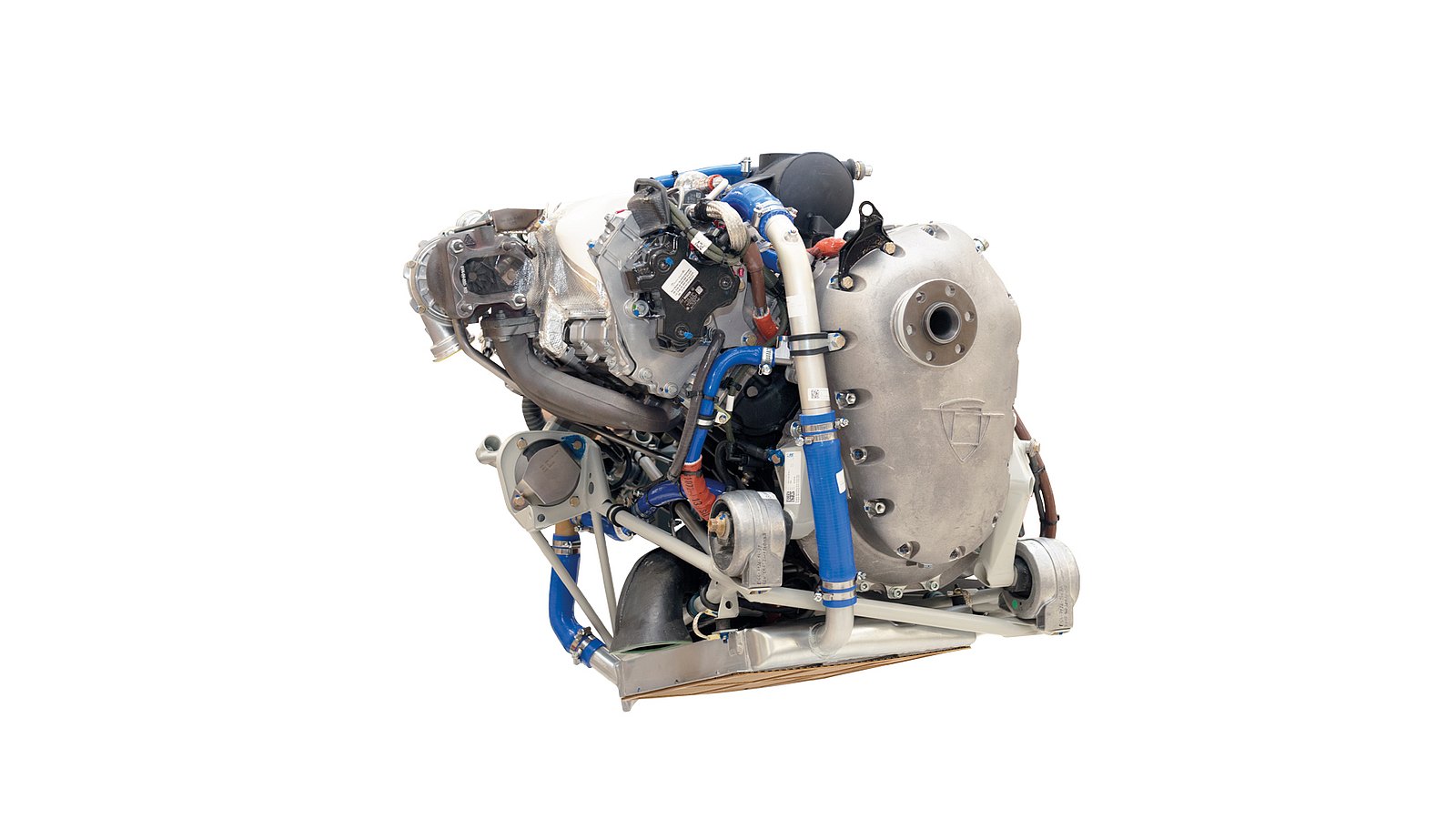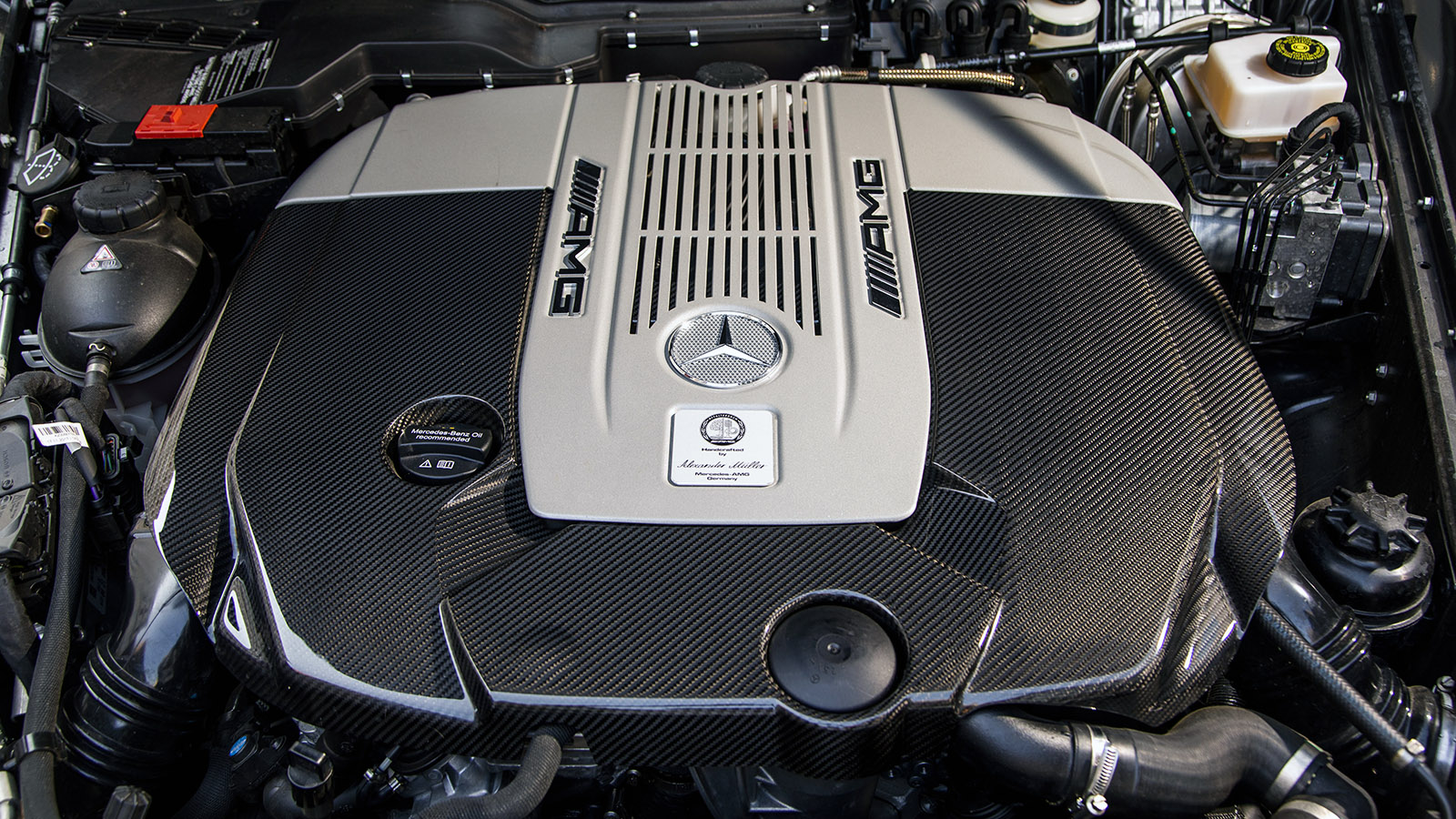Check Out a Large Range of Engines for every single Vehicle and Function
The auto landscape is significantly complex, with a diverse range of engine types created to fulfill specific efficiency and performance requirements across various lorry groups. From the high-performance engines that power cars to the fuel-efficient choices tailored for daily travelling, the selections are substantial and varied. Additionally, heavy-duty engines serve the demands of work automobiles, while green options are gaining grip in the pursuit of sustainable transport. Understanding these differences is essential for making informed choices, especially as emerging modern technologies proceed to shape the future of auto engineering. What implications might these innovations hold for suppliers and consumers alike?
Kinds Of Automotive Engines
Automotive engines can be classified into numerous distinct types, each made to meet certain performance and efficiency needs. The most common classifications consist of internal combustion engines, electrical engines, and crossbreed systems.

Electric engines, on the other hand, operate electrical power stored in batteries, giving instant torque and no emissions. These engines are ending up being increasingly prominent as a result of developments in battery modern technology and the growing emphasis on sustainability.
Crossbreed systems incorporate both interior combustion and electric engines, making it possible for vehicles to maximize fuel effectiveness and minimize exhausts by perfectly changing in between power sources. Each engine type provides its benefits and disadvantages, affecting factors such as automobile layout, planned use, and market demand. When selecting the ideal engine for their specific needs., comprehending these distinctions is vital for manufacturers and consumers alike.
Performance Engines for Sports Cars
Efficiency engines for sporting activities cars are specifically engineered to deliver boosted dexterity, rate, and power, setting them aside from basic automobile engines. These engines frequently utilize advanced technologies such as turbocharging, supercharging, and variable shutoff timing to take full advantage of effectiveness and responsiveness.
Usually, performance engines are designed with higher compression ratios, which permit better power extraction from gas. This causes excellent horsepower and torque numbers, making it possible for fast acceleration and greater top speeds. The light-weight products used in these engines, such as light weight aluminum and carbon fiber, contribute to lowered general vehicle weight, boosting handling and maneuverability.
Engine arrangements like V6, V8, and even hybrid systems are common in efficiency sports autos, each offering special benefits in regards to power delivery and driving characteristics. The tuning of these engines is additionally essential; several makers maximize the engine administration systems to provide an electrifying driving experience, typically consisting of sport settings that adjust throttle reaction and equipment shifts.
Effective Engines for Daily Commuters
In the world of daily commuting, reliable engines play an essential function in maximizing fuel economic climate and decreasing emissions while supplying trusted performance. As metropolitan populaces expand and environmental issues escalate, the need for lorries outfitted with reliable powertrains has surged.
Modern engines created for daily travelers frequently read incorporate innovations such as turbocharging, straight gas shot, and crossbreed systems. Turbocharging enhances engine efficiency forcibly even more air right into the burning chamber, enabling smaller, lighter engines that do not compromise power output. Direct fuel injection enhances fuel atomization, causing far better burning and raised efficiency.
Hybrid engines, combining interior combustion with electric power, further augment fuel economy, particularly in stop-and-go traffic, where traditional engines can struggle with inefficiencies. Electric motors assist throughout velocity and can run separately at low speeds, reducing overall gas intake.
In addition, improvements in engine administration systems and light-weight materials contribute significantly to efficient engine layout. By concentrating on performance, sturdiness, and environmental sustainability, manufacturers remain to supply engines that not only meet the needs of day-to-day travelling however also straighten with international efforts to reduce carbon impacts.
Heavy-Duty Engines for Work Vehicles
Sturdy engines for job vehicles are consistently crafted to deliver remarkable torque and reliability under requiring conditions. These engines are made to do in environments where typical engines may falter, such as building and construction sites, logging procedures, and agricultural setups. The main emphasis of heavy-duty engines is their capacity to produce high degrees of power while preserving longevity over prolonged periods of procedure.
Generally, heavy-duty engines make use of advanced products and robust building strategies to stand up to the roughness of heavy work. Features such as strengthened cyndrical tube blocks, enhanced air conditioning systems, and progressed fuel shot modern technologies contribute to their performance. These engines frequently run at reduced RPMs, which helps to enhance gas efficiency while offering the essential power for towing and transporting.
Along with mechanical effectiveness, sturdy engines are frequently furnished with Resources innovative electronic control systems (ECUs) that manage performance, discharges, and diagnostics. This assimilation permits for better tracking and maintenance, making sure that job vehicles remain reliable and functional.
Inevitably, sturdy engines are a vital element in the efficiency of different markets, supplying the essential power and integrity to take on the hardest of jobs.
Eco-Friendly Engine Options
The expanding focus on sustainability has actually brought about the growth of eco-friendly engine options that prioritize reduced emissions and improved gas performance. These engines are made to decrease the ecological influence of automobiles while still providing the performance and reliability expected by customers.
Amongst one of the most significant environment-friendly choices are electrical and hybrid engines. Hybrid engines incorporate standard interior burning engines with electrical propulsion, enabling lowered gas usage and lower greenhouse gas exhausts. Electric engines, on the various other hand, operate entirely on battery power, generating no tailpipe discharges and adding to cleaner air top quality.
An additional appealing development is the improvement of biofuel engines, which utilize renewable energies, such as plant materials, to power cars (Engines For Africa). By making use of biofuels, these engines can decrease reliance on nonrenewable fuel sources and lower total carbon footprints

As the auto market evolves, green engine choices will certainly play a vital role in driving the change towards even more sustainable transport services.
Verdict
From high-performance engines that improve sporting activities car abilities to effective versions focusing on gas economic situation for daily commuters, each type serves a particular feature. Durable engines provide to durable job lorries, while eco-friendly options, such as electric and biofuel engines, promote sustainable transportation.

Comments on “Improve Your Fleet with Engines For Africa's Option”